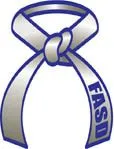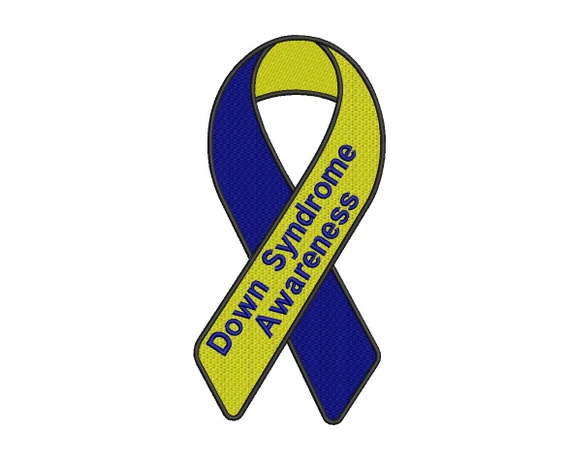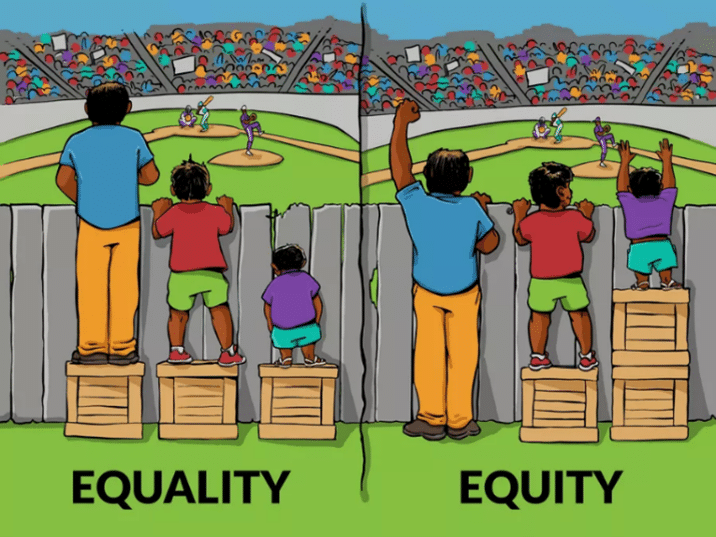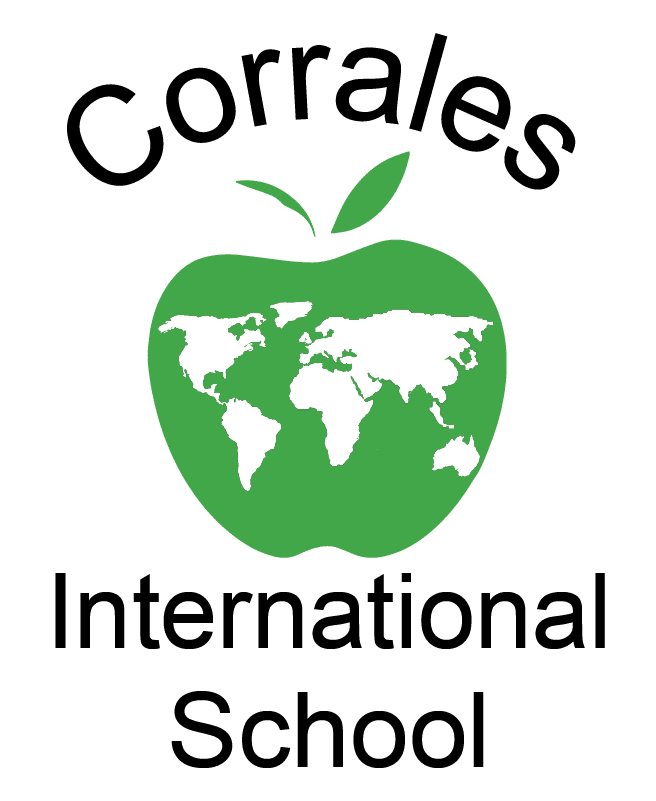Special Education

To view page in Spanish, please click here https: https://corralesis.org/special-education_spanish/
INCLUSIVE ACADEMIC SUPPORT & ENRICHMENT PROGRAM
We serve grades K-12th, following state and federal guidelines with the purpose of providing an inclusive environment where all students gain academic and social skills needed to be successful. This is maximized with parental support, working together as a team.
Meet the Special Education Team:
Kimberly Romero: Special Education Director/Teacher (M.A. Special Education/General Education, Level III Licensure)
Alexa Banks: Gifted Lead Teacher- (M.A. Special Education-Gifted & Talented, Level III Licensure)
Marisa Lopez: Lead Educational Assistant (Level III Licensure)
Cristina Roland: Educational Assistant (Level III Licensure)
Purpose: The purpose of the Special Education program at Corrales International School, (C.I.S.), is to provide an inclusive educational environment, supporting active, compassionate lifelong learners with a global understanding, and community leadership. Students are encouraged, challenged, and supported to maximize academic and social achievements.
Philosophy: Corrales International believes that students with disabilities and gifted and talented students have unique academic and social needs. Corrales International School supports a philosophy that emphasizes the need for a challenging learning environment that focuses on high achievement for every student. Programming must be responsive to individual needs and must recognize the multiple talents, challenges, and cultural diversity of the district’s population.
Corrales International School supports research-based strategies that provide opportunities for optimal learning to ensure that students will perform at levels commensurate with their abilities. Students should be provided diverse, dynamic, and challenging educational programming throughout their school career.
Providing appropriate programming for students is a responsibility shared by special education specialists, gifted specialists, educational assistants, classroom teachers, electives teachers, administrators, and parents. Integration of differentiated curriculum and direct instruction across classroom settings is an important component to balancing diverse and/or advanced abilities with grade-level skill expectations.
Programming: Corrales International School nurtures a school culture of inquiry, independence, achievement, diversity, and awareness. The program serves to support students with inquiry-based learning opportunities to foster academic excellence, community-mindedness, and acceptance of diversity and awareness.
C.I.S.’s Special Education Director supervises and facilitates all aspects of the Special Education program in collaboration with Special Education Specialists, (Special Education & Gifted), Special Education Paraprofessionals, I.B. Coordinators, General Education Teachers, Licensed Related Service Providers, and Administration.
To meet the diverse needs of our students, C.I.S.’s Special Education Program of Academic Support and Enrichment utilizes inclusive teaching techniques, serving students primarily in the general education setting with individualized pull-outs, (depending on student need and content). Educational supports are provided through a combination of collaboration with general education teachers, related service providers, in-class support, pull-outs, co-teaching, 1:1, and/or small groups. Special education specialists, general education teachers, and educational assistants, collaboratively design learning experiences, carefully construct differentiated teaching techniques, provide direct instruction, (specialized instruction and academic remediation and assistance, as applicable, for all students in the special education program), and attend professional development opportunities, (highlighting and integrating research-based strategies and techniques for varying levels of need), throughout the school year. Differentiated teaching, along with support, attempts to maximize students’ potential, allowing students to learn and demonstrate their learning in different ways. The implementation of balance and successful programming fosters academic success and social development.
Belief Statements: Corrales International School recognizes a set of core beliefs regarding students with disabilities, gifted and talented students, and their education; established as part of the Special Education/Gifted Education requirements under New Mexico Special Education Law.
Students may have special needs and/or are gifted and talented in one area or in multiple areas. While all students have academic strengths and needs, not all students are disabled and/or gifted. Students with disabilities and Gifted and talented students appear in all populations regardless of cognitive abilities, physical abilities, language proficiency, or cultural backgrounds.
All students should learn in an environment where their gifts and abilities are acknowledged, valued, and nurtured. Gifted and Talented students should be praised for who they are rather than for what they can do. Students with disabilities should be praised for who they are, for their abilities. Corrales International School values the whole child. Students with diverse abilities, and gifted services should reflect the complex nature of the individual. Successful programming balances strong academic rigor with social awareness, emotional support, and level of need.
All students require adequate support to maximize their academic potential. Ownership of their own learning is essential for special needs students and gifted students to share responsibility in their academic outcomes and invest in a productive future.
Students with disabilities need opportunities and experiences to gain essential academic and social skills, supporting areas of interest and post-secondary outcomes. Gifted and Talented students need opportunities for choice throughout their school career, in the form of assignment outcomes or study topics. Independent study should be student-driven but guided closely by teacher support.
International Baccalaureate–(Support and Enrichment): The International Baccalaureate, (I.B.), Primary Years Program (P.Y.P. K-6th) & Middle Years Program (M.Y.P. 7-12th), recognizes that students come from a variety of cultures and backgrounds, and have a range of cognitive and functional abilities.
The I.B. program encourages students across the world to become active, compassionate, and lifelong learners who understand that other people, with their differences, can also be right. The International Baccalaureate Primary Years Program (P.Y.P.) and Middle Years Program, (M.Y.P.) recognizes that students are diverse in their academics, cultures, and needs. Although the I.B. program is rigorous, it does not preclude the admittance of students with disabilities or exceptionalities in accordance with Federal I.D.E.A. and State guidelines. https://www.ibo.org/
I.D.E.A.: The Individuals with Disabilities Act (I.D.E.A.) is a federal law enacted in 1975, reauthorized in 1997, and again in 2004. It is designed to protect the rights of students with disabilities and exceptionalities, by ensuring that students identified receive F.A.P.E., (Free, Appropriate Public Education), and L.R.E, (Least Restrictive Environment), regardless of ability. Furthermore, I.D.E.A. strives not only to grant equal access to students with disabilities and exceptionalities but also provided additional special education services/supports and procedural safeguards.
GIFTED & TALENTED: While some commonalities exist across giftedness, one size does not fit all. According to the
National Association of Gifted Children (NAGC), gifted learners exhibit different characteristics,
traits, and ways to express their giftedness. Various issues must be considered for
identification. :
- Giftedness is dynamic, not static. Identification needs to occur over time, with multiple
opportunities to exhibit gifts. One test at a specific point in time should not dictate
whether someone is identified as gifted. - Giftedness is represented through all racial, ethnic, income levels, and exceptionality
groups.
M.L.S.S. – Multi-Layered System of Support: MLSS is a holistic intervention framework that guides educators, those closest to the student, to intervene quickly when students need additional supports. The MLSS framework reflects the supports that the classroom teacher, school, family, health and wellness staff offer toward readying students to experience academic and behavioral success in school resulting in students being ready for success. aligning all interventions to Common Core State Standards (CCSS) and student data; being proactive and flexible about addressing student needs; and working with a variety of community, family, and health/wellness professionals to provide coordinated supports that address a student’s holistic success.
CIS Team Members
Head of School
Special Education Director/Teacher
SAT Chair and Co-Chair’s
General Education Teachers
I.B. P.Y.P. / M.Y.P. Coordinator
Health and Wellness
School Nurse
Health Assistant
Events
Tutoring: Monday, Tuesday, Thursday 2:30-3:30 pm
G.A.C. (Gifted Advisory Committee): August 1st (Open House), TBD, TBD
International Day: TBD
Diversity & Awareness
Pedagogy/Methodology
Constructivist learning: The constructivist approach to learning advocates for active involvement, utilizes prior knowledge, and enhances deeper understanding.
Integration: Integration is the process of linking various subject areas or concepts within an educational curriculum. Research indicates that this method can significantly improve learning outcomes by fostering a more comprehensive understanding and enhancing the retention of information.
Collaboration: Collabortive supports promotes student learning, particularly when implemented with clear structure and accountability within groups
Inclusion: Inclusive learning environments provide substantial advantages for all students, particularly those with disabilities, resulting in enhanced academic performance and a stronger sense of belonging within the classroom. Essential strategies such as differentiated instruction, universal design for learning, and collaborative teaming are fundamental elements of inclusive teaching, supported by robust research evidence.
Reflective learning: Reflective learning significantly enhances student learning by enabling individuals to examine their experiences, recognize opportunities for growth, and ultimately enrich their comprehension through critical reflection. This process is especially beneficial for fostering deeper learning and cultivating professional development skills.
Direct Instruction & Inquiry-based learning: Direct instruction offers clarity and organization for students who benefit from a structured learning environment, whereas inquiry-based learning fosters deeper investigation and critical thinking for those who excel in autonomous settings.
https://www.buffalo.edu/catt/develop/theory/constructivism.html
https://www.bridgewayed.com/integration-vs-inclusion/
https://digitalcommons.unl.edu/nchcschreyer2/21/#:~:text=Inquiry%2Dbased%20learning%20is%20a,%2Dreflection%2C%20and%20research%20skills.
https://learningpool.com/why-reflection-encourages-a-better-learning-experience/

March
I.D. (Intellectual Disabilities)

April ASD (Autism Spectrum Disorder)

September
ADD/ADHD (Attention Deficit Disorder/Attention Deficit Hyperactive Disorder)

Deaf Awareness

Fetal Alcohol Syndrome Awareness

National Service Dog Awareness

October
Down Syndrome Awareness

Invisible Disabilities Awareness
November
Purple Tuesday (accessibility initiatives)
G.A.C. (Gifted Advisory Council)
G.A.C. (Gifted Advisory Committee): August 1st (Open House), TBD, TBD
Quotes:
“Diversity is being asked to the party. Inclusion is being asked to dance.”, (Myers, Vernā. Retrieved May 20, 2019)
“I am different, not less.”
― Temple Grandin

*Corrales International Special Education Policies and Procedures
https://corralesis.org/wp-content/uploads/2025/06/PED-Procedures_Chapters-1-8.pdf
https://corralesis.org/wp-content/uploads/2023/05/CIS-Special-Needs-Inclusion-Policy-IB-MYP_PYP.pdf
https://corralesis.org/wp-content/uploads/2023/05/Procedure-of-IEP-Completion-Best-Practices.pdf
https://corralesis.org/wp-content/uploads/2023/05/Procedure-Triennial_Three-Year-Re-evaluations.pdf
https://corralesis.org/wp-content/uploads/2023/05/CIS-MLSS-Procedure_formally-RTI.pdf
https://corralesis.org/wp-content/uploads/2023/05/CIS-Continuum-of-Services.pdf
https://corralesis.org/wp-content/uploads/2024/10/CIS-Gifted-Telented-Program-Provisions.pdf
